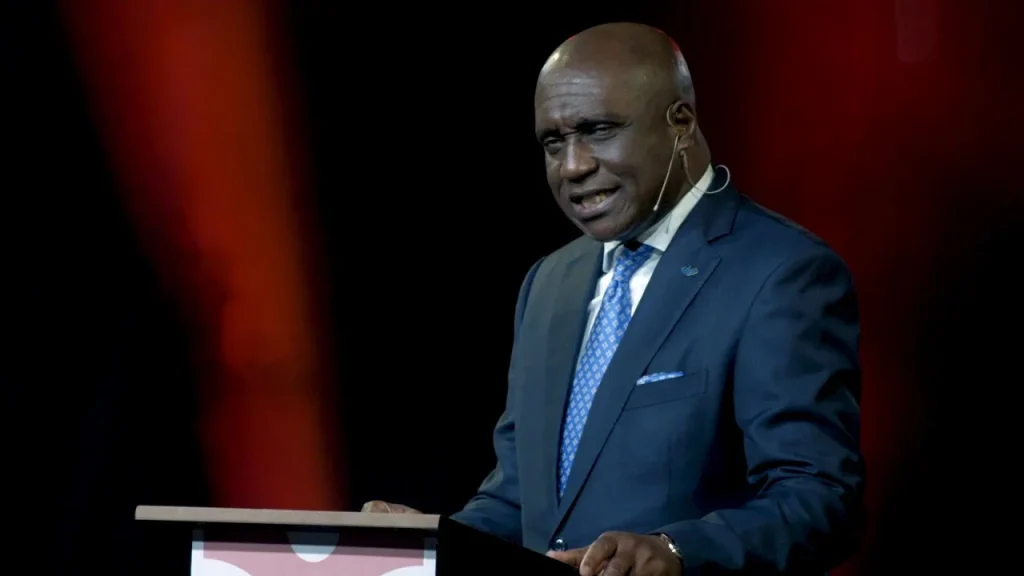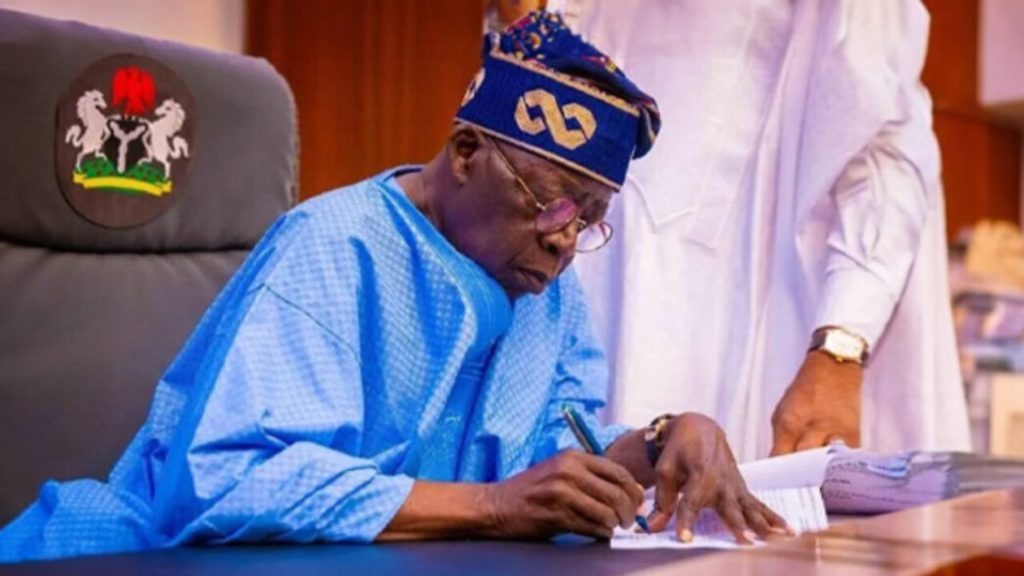The decision by the Central Bank of Nigeria (CBN) to further float the Naira in the foreign exchange market has elicited a mixed reaction in the country’s economic landscape.
The move, akin to the Naira liberalization executed eight months ago, has sparked various opinions among experts in the sector. The CBN instructed commercial banks to price and trade Naira transparently, emphasizing the “willing buyer and willing seller” policy.
Initial reception of the policies was lackluster, leading to a Naira nosedive to N1,500 per US dollar, before slightly recovering to N1,419.86 this week. Following this, the apex bank introduced several policy interventions during the last week of January. These interventions, including Financial Markets Price Transparency and FMDQ notice of FX Market Rate Pricing Methodology, resulted in the currency depreciating from N891.90 per US dollar to N1,409.86 on January 26.
The CBN also issued Harmonization of Reporting Requirements on Foreign Currency Exposure of Banks, Removal of Allowable Limit of Exchange Rate Quoted by International Money Transfers Operators, and Revised Guidelines of International Money Transfers in Nigeria, aiming to stabilize the Naira at the FX market by boosting supply.
CBN governor, Olayemi Cardoso, emphasized that the bank’s intervention aims to avoid failed policies and ensure effective resource usage.
It’s noteworthy that the country’s currency has marginally appreciated against the Dollar three times since the previous week. Additionally, the supply of US dollars surged at the official foreign exchange market, rising to 180.59% to $440.13 million as commercial banks rushed to avoid regulatory sanctions by the CBN.
In response to these developments, Muda Yusuf, the Director of the Centre for the Promotion of Private Enterprise, advocated for the reversal of the import duty exchange rate by the CBN and Nigeria Customs Service. He raised concerns about the potential impoverishment of more Nigerians due to the country’s reliance on imported goods.
Former president of the Chartered Institute of Bankers of Nigeria, Mazi Okechukwu Unegbu, expressed support for the recent interventions by CBN, citing the undervaluation of the country’s currency and endorsing the apex bank’s policies to bolster the Naira.
Conversely, the CEO of SD & D Capital Management, Mr. Idakolo Gbolade, noted that the recent measures by the CBN were aimed at devaluing the Naira against foreign currencies. He urged the CBN to critically examine their policies and ensure proper implementation to achieve desired results.
Regarding the broader economic landscape, Prof Godwin Oyedokun, a don at the Lead City University in Ibadan, addressed the root causes of Nigeria’s foreign exchange woes. He highlighted failing oil prices, overdependence on imports, decline in foreign investment, and the need for economic diversification as major setbacks.
For a lasting solution, Oyedokun underscored the imperative to diversify the economy, encourage foreign investments, promote export-oriented industries, enhance forex reserves, exercise fiscal discipline, improve transparency and accountability, and strengthen regional trade.
The ongoing developments regarding the Naira’s float and the intricate challenges in Nigeria’s forex market underscore the urgency for sustainable solutions to stabilize the currency and foster a more diversified and robust economic environment.



